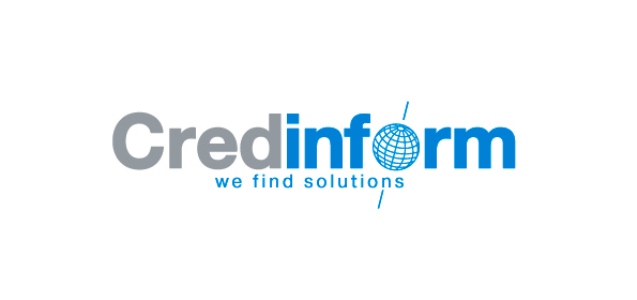 Russia has amended its Anti-Money Laundering law by requiring the disclosure of beneficial owners of legal entities. Federal Law 215-FZ “On Amendments to the Federal Law” and “On Counteraction of Legitimization (Laundering) of Proceeds of Crime and Financing of Terrorism” was published 23.06.2016 and will come into effect in 6 months.
Russia has amended its Anti-Money Laundering law by requiring the disclosure of beneficial owners of legal entities. Federal Law 215-FZ “On Amendments to the Federal Law” and “On Counteraction of Legitimization (Laundering) of Proceeds of Crime and Financing of Terrorism” was published 23.06.2016 and will come into effect in 6 months.
The present law defines the beneficial owner as an individual, who directly or indirectly owns a legal entity or is able to control its activity. Definition of ownership refers to the majority share in capital (more than 25%).
According to the law Russian legal entities are obliged to take all available reasonable measures to determine (ascertain/collect) information about their beneficial owners to comply with the law “On Counteraction to legitimization (laundering) of Proceeds of Crime and Financing of Terrorism.” The beneficial owner-relevant data are as follows:
- Surname, Name and Patronymic;
- Citizenship;
- Date of Birth;
- Passport data;
- Migration card/document data confirming the right of a foreign citizen or stateless person to legally stay in Russia;
- Address of residence or registration, or location;
- Tax identification number, if registered.
At least once a year legal entities have to update the specified information about their beneficial owners, to document this information and store it for at least 5 years from the date of gathering. Legal entities are also obliged to provide this information to the authorized state bodies upon request. This process will be further defined by the Government of Russia
Fines for non-compliance range from US$460 to US$600 for officials. For legal entities fines range from US$1,500 to US$7,600.
The above mentioned information is data on individuals, and according to the Federal Law of 27.07.2006 No.152- FZ “On personal data” are personal data. Requirements on collecting, accumulating, storage and distribution of these data are determined by the same law.
To comply with these requirements (particularly in view of stringent personal data protection requirements) legal entities are obliged to take appropriate organizational and technical measures (hardware, software etc.), which may lead to higher costs. For large corporations this could be quite significant. Especially for the SMEs it could be a  large burden to comply.
large burden to comply.
Source: Credinform Russia http://www.credinform.ru/en-US





















